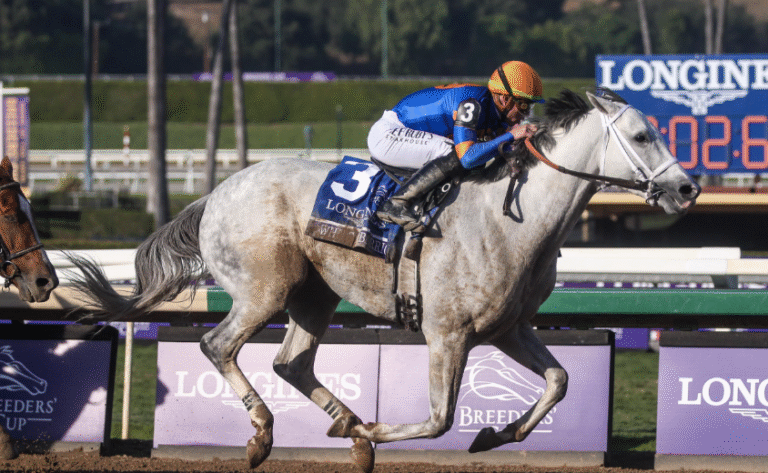A Guide to Betting on Horse Racing: Tips and Tricks
Betting on horse racing requires a blend of knowledge and strategy. Understanding odds is fundamental for assessing a horse’s potential success. Moreover, analyzing performance factors, such as race conditions and jockey influence, can significantly alter outcomes. With various betting types available, each presents unique opportunities and risks. Effective bankroll management is essential in navigating these options. As bettors refine their approaches, the question remains: what key strategies can enhance their chances of success?
Understanding Horse Racing Odds
Understanding horse racing odds is essential for anyone looking to make informed betting decisions.
Effective odds calculation is key to developing successful betting strategies. By grasping how odds reflect a horse’s chances of winning, bettors can assess value and make choices that align with their risk tolerance.
This knowledge empowers bettors, allowing them to pursue their passion for horse racing with confidence and freedom.
Analyzing Horse Performance
Analyzing horse performance is a critical component of successful betting in horse racing. Factors such as race conditions—track surface, distance, and weather—significantly impact outcomes.
Additionally, jockey influence plays a pivotal role; a skilled jockey can elevate a horse’s chances by making strategic decisions during the race.
See also: A Deep Dive Into the Art of Horse Race Handicapping
Types of Bets in Horse Racing
Horse racing offers a diverse array of betting options that cater to various strategies and risk appetites.
Common bet types include win, place, and show, providing straightforward opportunities.
For those seeking higher rewards, exotic bets like exactas, trifectas, and superfectas combine multiple outcomes, increasing potential payouts.
Understanding these bet types allows bettors to tailor their approach, enhancing the thrill of the race.
Bankroll Management Strategies
Successful betting in horse racing not only relies on selecting the right horses or bet types but also on effective bankroll management strategies.
Understanding betting psychology and conducting a thorough risk assessment are crucial. Bettors should establish clear limits, allocate a percentage of their bankroll for each wager, and adapt their strategies based on performance.
This disciplined approach enhances the potential for long-term success and financial freedom.
Conclusion
In conclusion, successful horse racing betting hinges on a blend of understanding odds, analyzing performance, and employing effective bankroll management. Notably, according to a study by the Horse Racing Integrity and Safety Authority, only about 20% of bettors consistently make a profit over time, underscoring the importance of informed strategies. By continuously adapting and refining their approach, bettors can tilt the odds in their favor, enhancing both their enjoyment of the sport and their potential for success.



